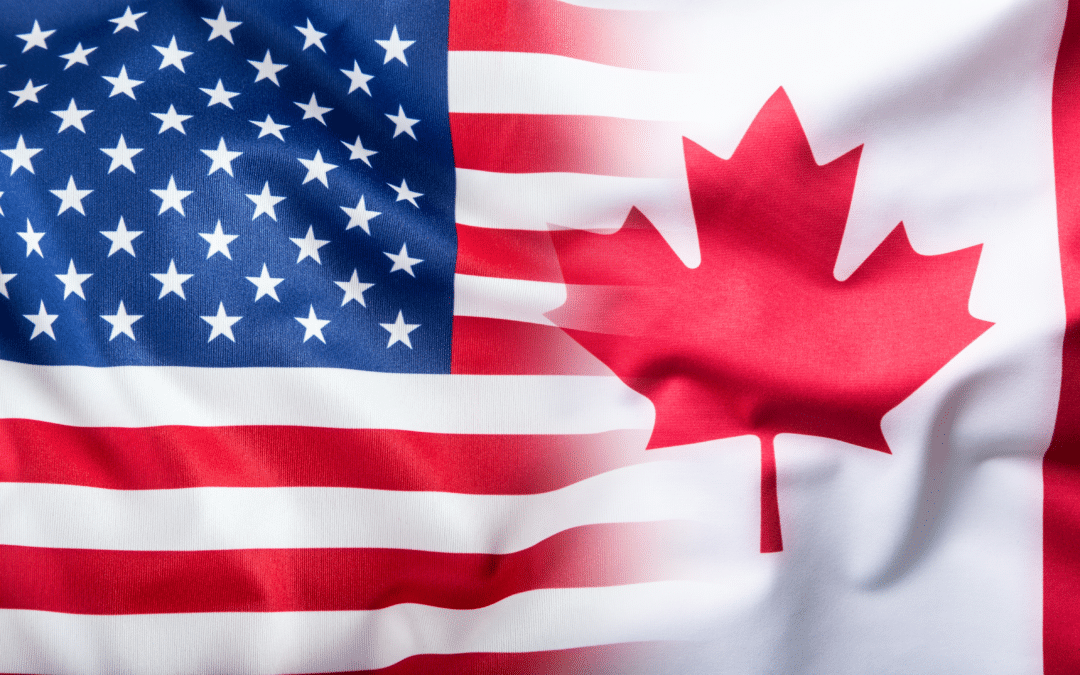Updated July 27, 2022
Canada and the U.S. have extended their border closure for another 30 days, until November 21st, 2020. The extension to the border closure was set to expire on July 21st. The border will remain closed to non-essential travel, with few exceptions. The border was first closed during the latter part of March to limit the spread of coronavirus (COVID-19).
Both US and Canadian governments are in agreement with extending the border restriction measures and that their main priority is to continue to work hard to keep Canadians safe and to keep our economies flowing. Until then, most people cannot travel to Canada, even if you have a valid visitor visa or electronic travel authorization (eTA).
In June, the Canadian government loosened restrictions to allow immediate family members of a Canadian citizen or permanent resident, to enter Canada from the United States and from another country. If you are a foreign national who is an immediate family member of Canadian citizens and permanent residents, find out more here.
Essential travel is exempt from travel restrictions. Some of the travel exemptions include the following:
- economic services and supply chains;
- essential services in the health, safety, security, or economic industries in Canada, also known as critical infrastructure support;
- immediate medical care;
- helping Indigenous communities;
- transiting through Canada for essential purposes;
- caring for sick family members who do not have support in Canada; or
- any other activities that are deemed “non-optional” or “non-discretionary” by the Canadian government.
Non-essential travel includes (but is not limited to) travel for the purposes of tourism, recreation and entertainment. These are just a few examples of travel that would not be considered essential:
- to visit family for a vacation;
- to see extended family;
- to spend time at a secondary residence;
- to attend the funeral of a family member.
When you arrive in Canada by air, land or sea, border services will assess your health before you leave the point of entry. You may be denied entry if you have symptoms of Covid-19.
All travellers arriving in Canada are subject to quarantine rules (with rare exceptions). You must have a plan to quarantine for 14 days when you arrive in Canada, including:
- a place to stay;
- a plan to get to your destination, get your groceries, and access essential services and medical care.
You may face hefty penalties for not following quarantine rules once you’re in the country.
- a fine of up to $750,000
- 6 months of jail time
- being found inadmissible, removed from Canada and banned from entering for 1 year.
If you are returning to Canada, it is important to regularly check federal and provincial public health authorities’ travel requirements. They may oblige you to mandatory quarantining (self-isolating) for 14 days, wearing a mask/face cover, and more.
There are many factors that the Canada Border Services Agency (CBSA) uses in determining if you are permitted to enter Canada. It is important to recognize that border services officer at the port of entry will have the final say in whether or not you may enter Canada, based on the information presented to them at the time of entry into Canada.
